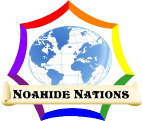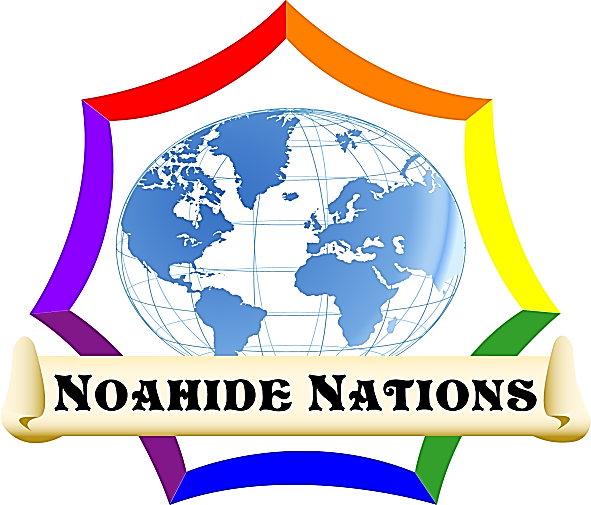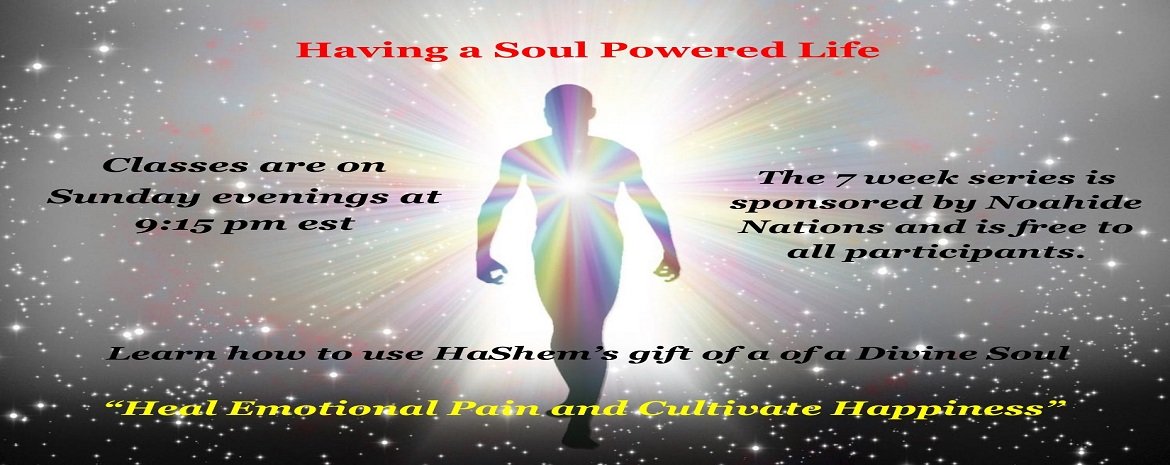THE VIRGIN BIRTH
- Category: WHY ARE CHRISTIANS & MESSIANICS TURNING TO GOD?
- Hits: 31873
Article Index
Christians such as Origin and Lucian (third and fourth century C.E.) edited and shaped the Septuagint that missionaries use to advance their untenable arguments against Judaism. In essence, the present Septuagint is largely a post-second century Christian translation of the Bible, used zealously by the Church throughout its history as an indispensable apologetic instrument to defend and sustain Christological alterations of the Jewish Scriptures.
For example, in his preface to the Book of Chronicles, the Church father Jerome, who was the primary translator of the Vulgate, concedes that in his day there were at least three variant Greek translations of the Bible: the edition of the third century Christian theologian Origen, as well as the Egyptian recension of Hesychius and the Syrian recension of Lucian.1 In essence, there were numerous Greek renditions of the Jewish Scriptures which were revised and edited by Christian hands. All Septuagints in our hands are derived from the revisions of Hesychius, as well as the Christian theologians Origen and Lucian
Accordingly, the Jewish people never use the Septuagint in their worship or religious studies because it is recognized as a corrupt text.
The ancient Letter of Aristeas, which is the earliest attestation to the existence of the Septuagint, confirms that the original Septuagint translated by rabbis more than 22 centuries ago was of the Pentateuch alone, and not the Books of the Prophets such as Isaiah. The Talmud also states this explicitly in Tractate Megillah (9a), and Josephus as well affirms that the Septuagint was a translation only of the Law of Moses in his preface to Antiquities of the Jews.2


 French (FR)
French (FR)  English (UK)
English (UK) 




